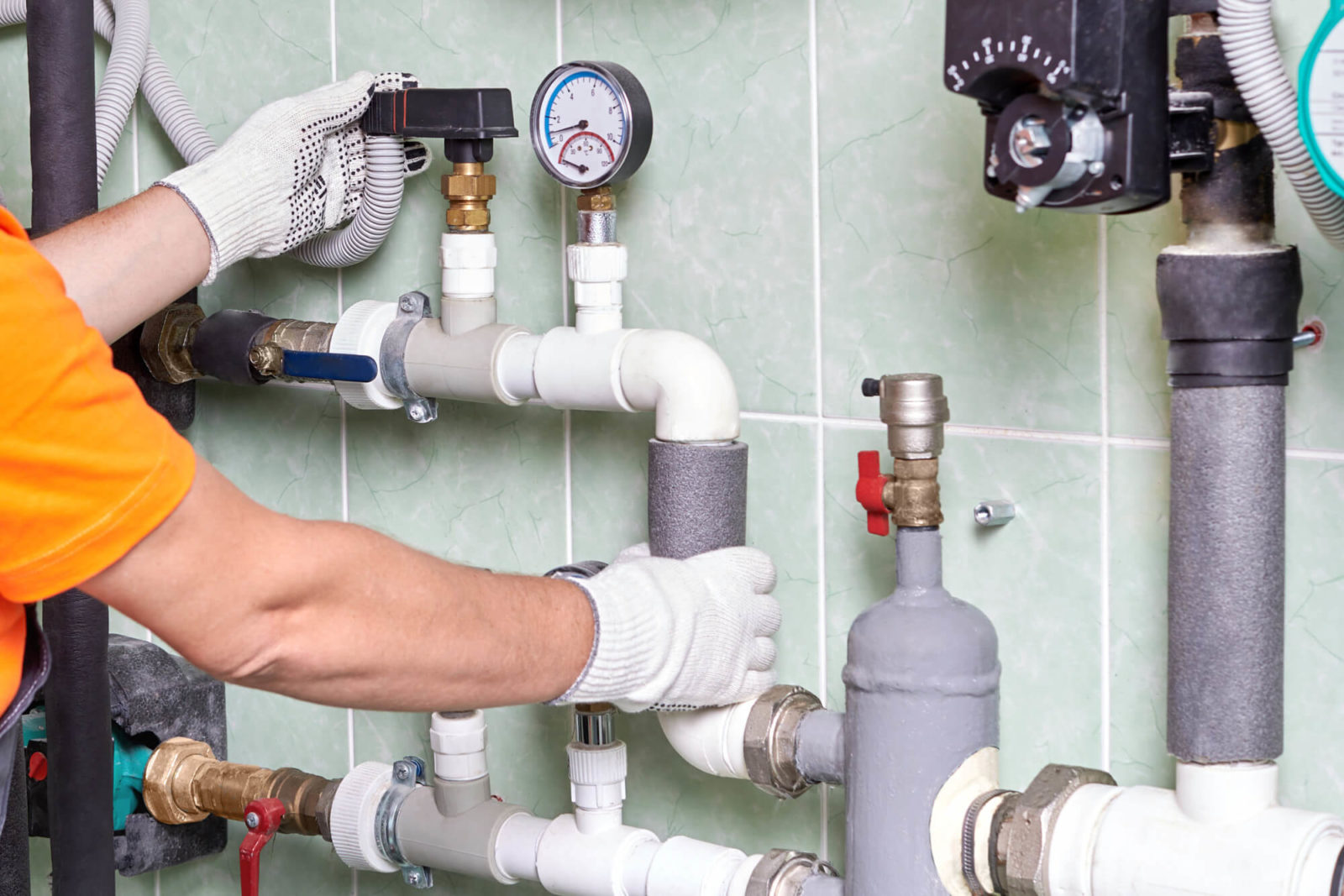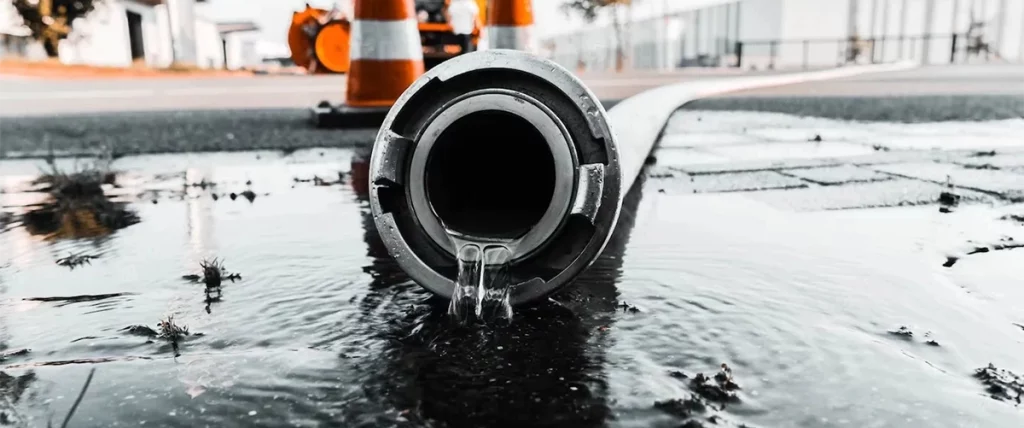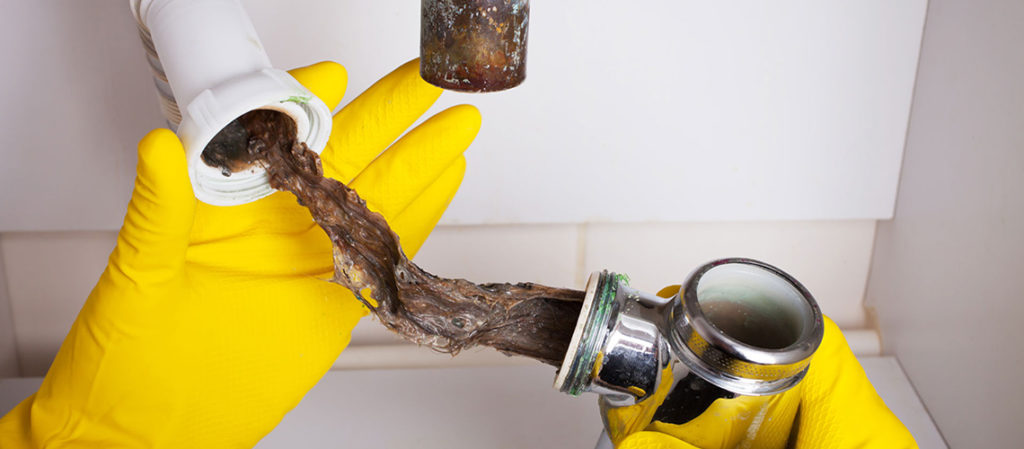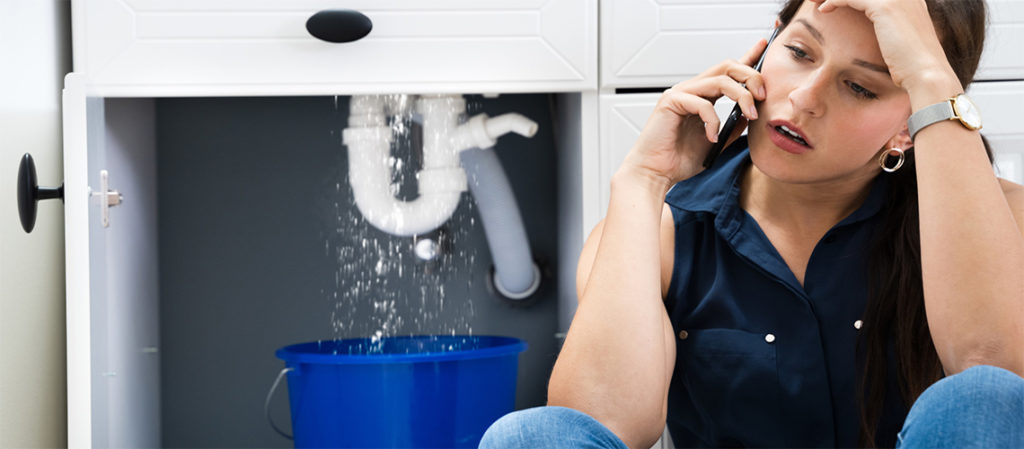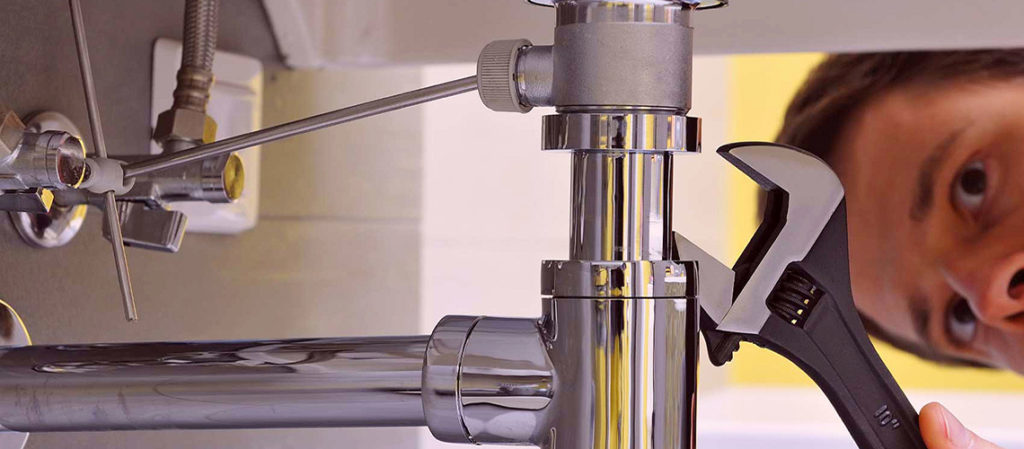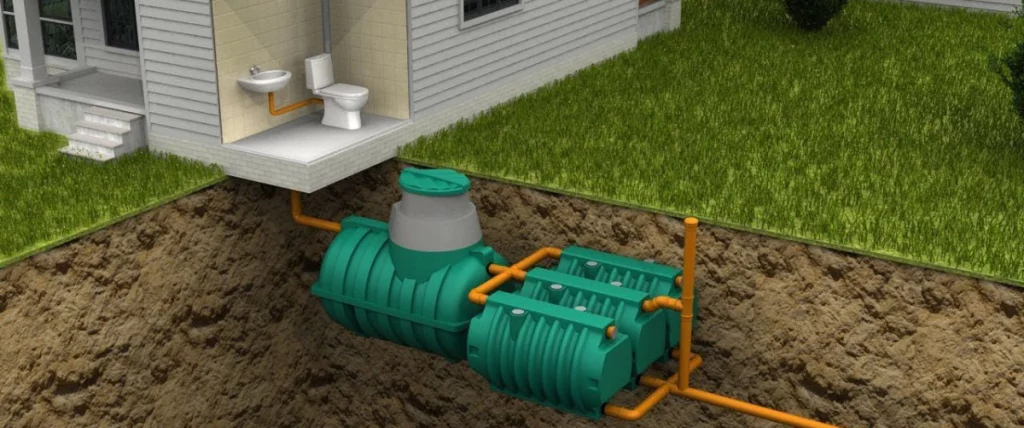Everyone in life faced with malfunctions of the plumbing system. Many assume the same plumber can solve a problem with a clogged pipe in an apartment building and an office. But in reality, plumbing is much more complicated than it seems at first glance. Residential and commercial plumbing share many of the same properties, but also differ significantly from each other. We will consider this issue in more detail in this article.
Contents
What is Commercial Plumbing?
Commercial plumbing definition refers to the installation, maintenance, and repair of plumbing systems in commercial buildings. Unlike residential plumbing, which deals with smaller-scale plumbing systems in single-family homes, commercial plumbing deals with larger, more complex plumbing diagram that require specialized knowledge and expertise.
Features of residential plumbing
Domestic plumbing systems are found in conventional homes, apartment buildings and condominiums in residential areas. Specialists solve plumbing problems in residential homes – fixing drains, sewers, water heaters, etc.
Features of Commercial Plumbing
Commercial plumbing repair is more complex than residential ones. It involves installing and repairing faucets and pipes. These specialists serve large residential complexes and a variety of businesses. A plumber is engaged in establishing and maintaining ample water supply and sewerage systems.
Commercial and domestic plumbing: 6 main differences
Commercial and domestic plumbing solves the same problems: leaking pipes, clogged toilets and more. But in this situation, they differ significantly in their working environment and responsibilities. Below we propose to determine the difference between commercial and residential plumbing on specific parameters.
Scope of work
The difference between a plumber and a commercial plumber lies more in the scope of work. A commercial plumber serves large buildings with many more tenants and visitors. There are more toilets, sinks and other equipment, and the plumbing system is much more complex. Also, the large number of people in the house leads to the fact that there is a much higher risk of emergencies and routine maintenance needs to be done more often.
Types of Plumbing Problems
The problems in residential homes are not as dire in scale as breakdowns in commercial properties. We often encounter clogged toilets, dripping faucets, and poor pressure types at home. Commercial plumbing has similar problems, but the scale is much larger. For example, it is much more difficult to find a burst pipe in an office than in a simple residential home. In addition, a commercial plumber needs to solve the problem as quickly as possible. Also, many businesses need to have plumbing and a toilet to use.
Profile Knowledge
Commercial buildings use special industrial pipes and fixtures, making specific requirements for plumbing skills and tools. For example, commercial involves repairing huge boilers, lift stations, large septic tanks and others. While domestic plumbing often involves repairing toilets, drains, water heaters and other small devices. Regarding knowledge, commercial and residential plumbers have similar skill sets. But this knowledge’s use depends on the building’s size and purpose.
Plumbing system requirements
Given the size of the building, commercial plumbing has a considerable number of outlets and pipes compared to domestic. In commercial buildings, the system is designed for a more significant number of floors, while residential buildings imply no more than 2. Also, commercial buildings have more complex appliances designed for a massive flow of people who use sinks, plumbing, and toilets. Additionally, any building should be sufficient water pressure, but it is more difficult to achieve in high-rise buildings, where gravity prevents a standard head.
Plumbing equipment
All equipment must meet specific requirements. For example, large enterprises (factories or office centers) are equipped with large boilers, multi-component sewage systems, industrial pipes and other complex equipment. Presented plumbing must meet the needs of many people and production lines.
In private homes, the equipment is used much less. Often these facilities need two central communication systems: water supply and sewerage. The capacity of the system is much less compared to commercial buildings. During the plumbing installation, the plumber must know how to do it properly. In addition, it must meet specific requirements.
Probability of breakage
The latter leads the way if we consider what is more complicated: residential or commercial plumbing. A burst pipe is a real problem in any home, but it is more common in a commercial property where the break is quite challenging to find, repair and prevent the likelihood of a break. A business or office building may need to be shut down completely to complete the repairs. Commercial buildings need to be checked more often and thoroughly because the large flow of people causes an increased demand for plumbing operations.
What to look for when choosing the right plumber
It does not matter who you need: plumber or commercial plumber – this specialist should have sufficient knowledge and years of experience. When choosing the correct plumber, you should choose a plumber with experience with commercial and domestic plumbing.
It is also worth ensuring that the plumber and the commercial plumber have the appropriate license, suitable for all modern requirements and regulations. These professionals should be able to do everything:
- Inspect the system.
- Diagnose its performance.
- Identify breakdowns and maintain plumbing.
- Offer the best solution to any problem.
FAQ about the difference between a plumber in people’s homes and a professional plumber
What is the primary difference between being a plumber in people’s homes and being a commercial plumber?
The primary difference is the scale of the plumbing systems. Residential plumbing systems are generally smaller and simpler than commercial plumbing systems, which are more complex and often involve larger pipes, more fixtures, and more intricate designs.
What are some common tasks for residential plumbers?
Residential plumbers are often called to fix leaky faucets, unclog drains, repair or replace toilets, install new plumbing fixtures, and repair or replace pipes.
What are some common tasks for commercial plumbers?
Commercial plumbers are often called to install or repair large-scale plumbing systems, such as those found in office buildings, hotels, and hospitals. These systems may include multiple floors, extensive drainage systems, and specialized equipment such as grease traps and backflow prevention devices. Commercial plumbers may also be called to design and install plumbing systems for new construction projects.
FAQ about the difference between a plumber in people’s homes and a professional plumber
The primary difference between residential and commercial plumbing is the scale of the work involved. Residential plumbers typically work on smaller systems, such as those found in homes or apartment buildings, while commercial plumbers work on larger, more complex systems found in commercial buildings, such as offices, hospitals, and factories.
Residential plumbers typically handle issues related to household plumbing, such as fixing leaks, unclogging drains, and installing and repairing fixtures like toilets and sinks. They may also work on larger projects, such as installing new plumbing systems in new construction or remodeling projects.
Commercial plumbers typically work on larger, more complex systems, such as those found in commercial and industrial buildings. They may work on systems related to heating and cooling, such as boilers and air conditioning units, and may also handle more complex issues related to sewage and drainage.
Plumbers in both residential and commercial settings need to undergo specialized training and certification. In most cases, this involves completing an apprenticeship program and passing a certification exam. Commercial plumbers may also need additional certifications to work on larger and more complex systems.
Yes, there are other differences between residential and commercial plumbing. Commercial plumbing systems are typically subject to more stringent building codes and regulations, and commercial plumbers may need to have a greater understanding of these codes and regulations in order to ensure compliance. Additionally, commercial plumbers may need to work more closely with other contractors and tradespeople on large-scale construction projects.



